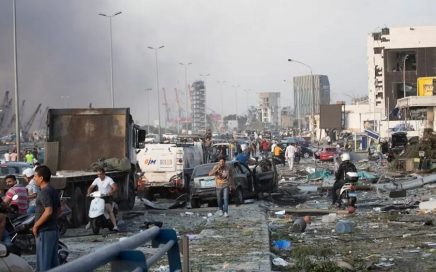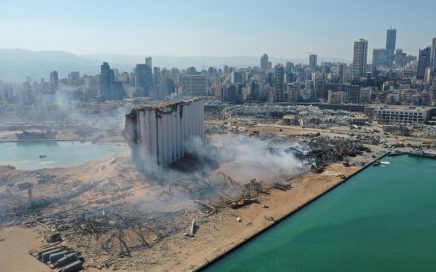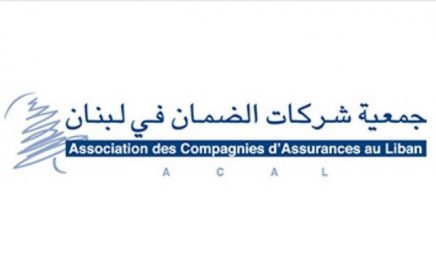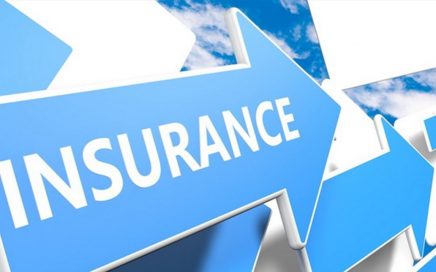
Lebanon: Insurers pay out less than 10% of claims 12 months after Beirut Port blast
Of an estimated $1.1bn in insured losses caused by the 4 August 2020 Beirut Port explosion, only about $100m have been paid to date

Of an estimated $1.1bn in insured losses caused by the 4 August 2020 Beirut Port explosion, only about $100m have been paid to date

Lebanese insurance companies are refusing to compensate for damages caused by last year’s explosion at the Beirut port, pending investigation results.

The Association of Insurance Companies in Lebanon (ACAL) has elected a new board, with Mr Elie Nasnas, general manager of AXA Middle East as chairman of the association

Five months on from the devastating Beirut port explosion that killed over 200 people, and injured thousands more, many claimants inquire about the fate of compensations they expect to receive from insurance companies pending the release of an official report on the cause and nature of the blast.

The Lebanese are stocking their cash inside their homes or companies due their lack of trust in the country’s banking system.

More than 14,700 insurance claims for damages resulting from the Port of Beirut explosion have been reported by November 6 with a total value of LL1.66 trillion ($1.1 billion at the official exchange rate of LL1,507), according to a report by the Insurance Control Commission (ICC).

Owners of damaged homes and businesses are still waiting for insurance companies to pay compensation three months after August 4 explosion

Caretaker Health Minister Hamad Hasan tried to reassure anxious Lebanese Thursday that the price of hospital fees and medicines would not increase, as the head of the Private Hospitals Syndicate warned that hospitals would soon adjust their pricing of the dollar.

The American University of Beirut Medical Center (AUBMC) has adopted the banks’ approved dollar exchange rate, which is 3,900 Lebanese pounds, in a number of its departments instead of the official exchange rate

Conflict between businesses and insurance companies concerning responsibility for damages from the 4 August Beirut port explosion has erupted into the open, pushing a major trade chamber to engage a complaint handling specialist to negotiate between the two sides.

The only obstacle to paying all the insurance claims resulting from the unfortunate 4 August blast at the Beirut port is that there has been no release yet of the report on the investigation into the explosion

Insured losses from the Beirut port warehouse explosion are likely to total around $3 billion, similar to those from an explosion at the Chinese port of Tianjin in 2015, industry sources and analysts say.

The devastating explosion at the Beirut’s port on Tuesday, Aug. 4 caused many casualties and considerable damage, but local insurance penetration rates in Lebanon generally are low, said AM Best in a market commentary.

German reinsurer Hannover Re SE on Wednesday said it will see a “major loss” from the explosion in Beirut, Lebanon, as it reported net income fell 39.3% to €402 million ($478 million) for the first half of the year.

A group of Lebanese and other Arab investors have made a bid to purchase no less than 67% of Arabia Insurance, according to a letter sent to shareholders of the company last week.

Practically every private household in Lebanon relies on one or other insurance service, beginning with the mandatory protection of motorists under third-party liability insurance or savings schemes offered by life insurers.